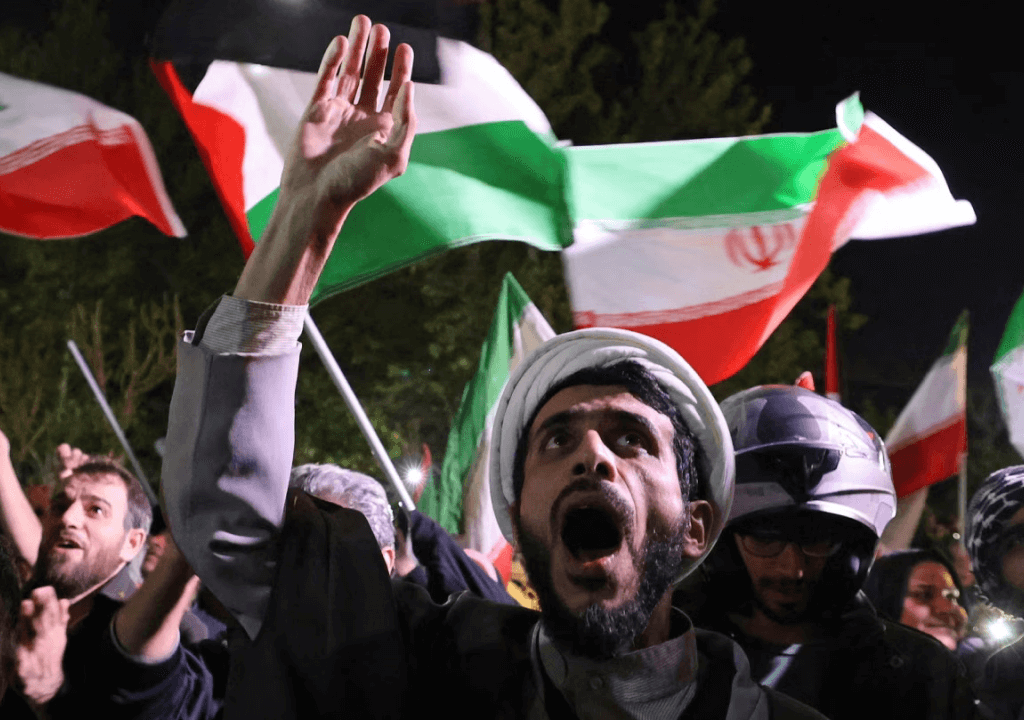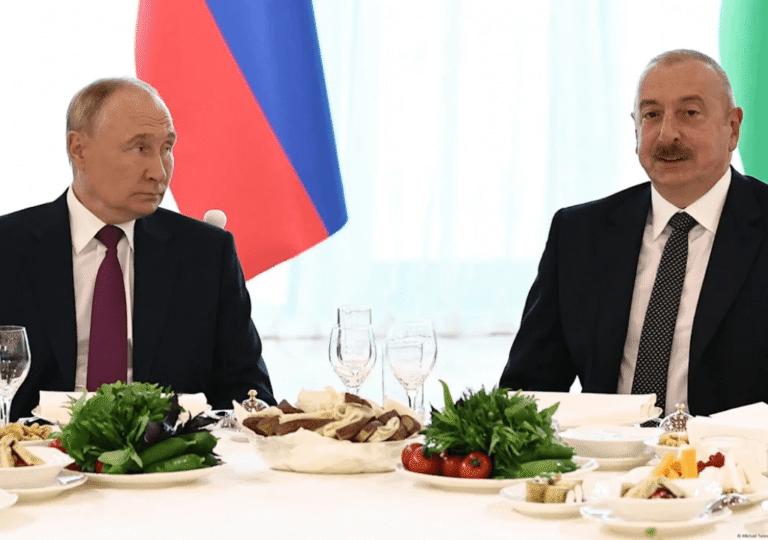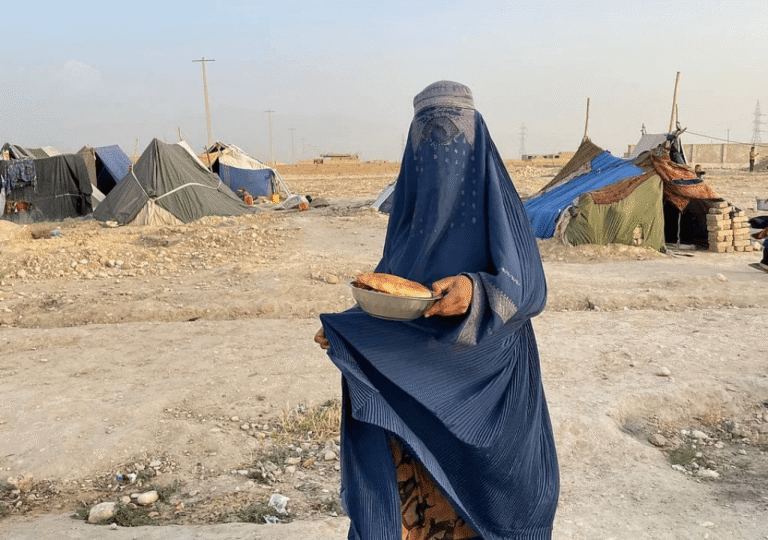Over the past year, Israel’s conflict with Hamas has escalated into a broader confrontation with Iran. The Jewish state and the Islamic Republic have exchanged missiles and now trading hostile rhetoric. While many fear an all-out war involving multiple states, In reality, it looks like Israel and Iran show little genuine interest in such a conflict. Instead, both countries prefer maintaining tension and inflicting sporadic casualties without escalating to a full-scale war. They each appear very interested in the ‘game’ they’re playing.
This ongoing rivalry—the geopolitical game between the two countries—dates back to Iran’s establishment as an Islamic Republic, a theocratic state with a declared intent to eliminate Israel. Iran views this as a holy duty, waging what it considers a sacred war through its proxies in Gaza, Lebanon, Syria, Iraq, and Yemen. The struggle has been perpetuated, with death seen as a martyr’s reward. Meanwhile, Israel does not consider itself safe as long as Iran remains strong. While the tensions between these two countries have always been present, they avoided direct conflicts. However, over the past year, they have begun to engage in fighting directly against each other.
Many across the globe, especially those with peaceful intentions, struggle to comprehend this intense conflict, which is far from an ordinary territorial or independence dispute. For Iran and its allies, it is a matter intertwined with faith, divinity, and existential beliefs. Meanwhile, Israel’s supporters advocate for survival and security. In the latest development, Israel launched fresh waves of missiles toward Iran. This move, in response to Iran’s barrage on Israel, was carefully measured to avoid severe escalation or interference with the upcoming U.S. presidential election.
The direct strikes in between Israel and Iran, avoiding proxies, began on April 1st when Israel targeted the Iranian consulate in Syria, resulting in the deaths of Iranian officials. In response, Iran launched missiles on April 13th, though most were intercepted by Israel’s defense system, which has become quite effective. Israel further humiliated Iran by killing Hamas chief Ismail Haniyeh in Tehran on July 31st, followed by the assassination of Iran’s leader’s closest ally and chief of Hezbollah, Hassan Nasrallah.
Iran felt compelled to retaliate to maintain its standing in the Islamic world, and on October 2nd, the International Day of Non-Violence, it launched missiles at Israeli cities, some of which breached Israel’s famous Iron Dome defense system, stunning Israeli forces. But On October 25th, Israeli missiles flew toward Iran.
Interestingly, although there is always fear that missile exchanges could lead to heavy casualties and escalate tensions to the brink of World War III, as noted by X pundits, nothing has happened. Business continues as usual, which raises suspicions of a conspiracy suggesting that there may be some understanding between the two countries, despite the geographical distance and potential U.S. interference to de-escalate tensions.
There are reasons to believe that there may be a covert understanding between Israel and Iran, as both states appear to benefit significantly from the ongoing tensions. Israel’s government was on the brink of collapse, with key political figures facing corruption trials, while Iran faced a severe internal political crisis between Islamic conservatives and Persians. Initially, the war between Israel and Hamas, and now Israel and Iran, has effectively prevented the collapse of Netanyahu’s government. Hamas’s brutal attack served to unify a deeply divided Israeli society, restoring the country’s prominence on the international stage—a space it had almost faded from as Saudi Arabia rose to prominence in the region.
Iran, too, has gained from this conflict. The country has managed to unite its deeply divided populace through anti-Israel sentiment, seen by many within the Muslim community as a religious obligation. Across the Islamic world, Iran is perceived as a strong supporter of Gaza and Palestine, bolstering its regional standing. By demonstrating an ability to counter Israel’s missiles, Iran projects itself as a powerful force. Notably, Gulf countries seem more inclined toward cooperation with Iran, as recent statements from the Gulf countries express solidarity with Iran’s territorial integrity following missile attacks. Given that both countries appear to derive considerable benefits from the conflict, the likelihood of de-escalation in the Middle East seems increasingly slim.
While both Israel and Iran seem to be playing a deadly game that appears to bring them close to open conflict, with missiles flying between them yet causing minimal real harm, several neighboring countries are bearing the brunt—such as Lebanon, Syria, and potentially Iraq in the future. These countries, which lack the influence or capability to mount any resistance, are the true casualties in this conflict. If it escalates into a full-scale war, as some pundits predict, these nations will suffer the most. Meanwhile, the U.S. as a ‘referee’ and the U.N. as a ‘sideline referee’ seem ineffective. Worldwide onlookers, watching this heated game, divide themselves between supporters from the global left and Muslim communities on one side and right-wing factions on the other. Both sides eagerly cheer on social media, voicing their support with rage.








